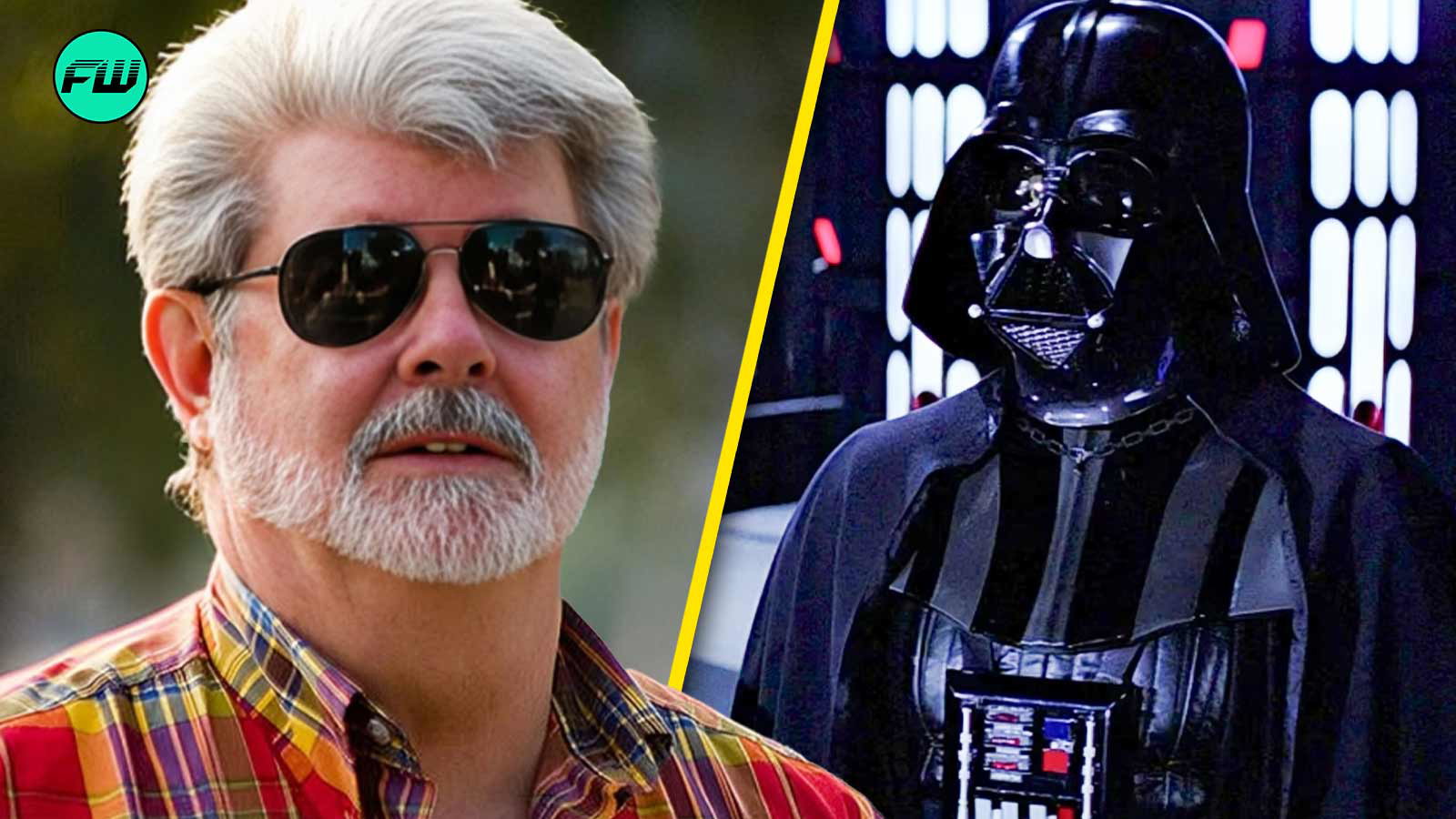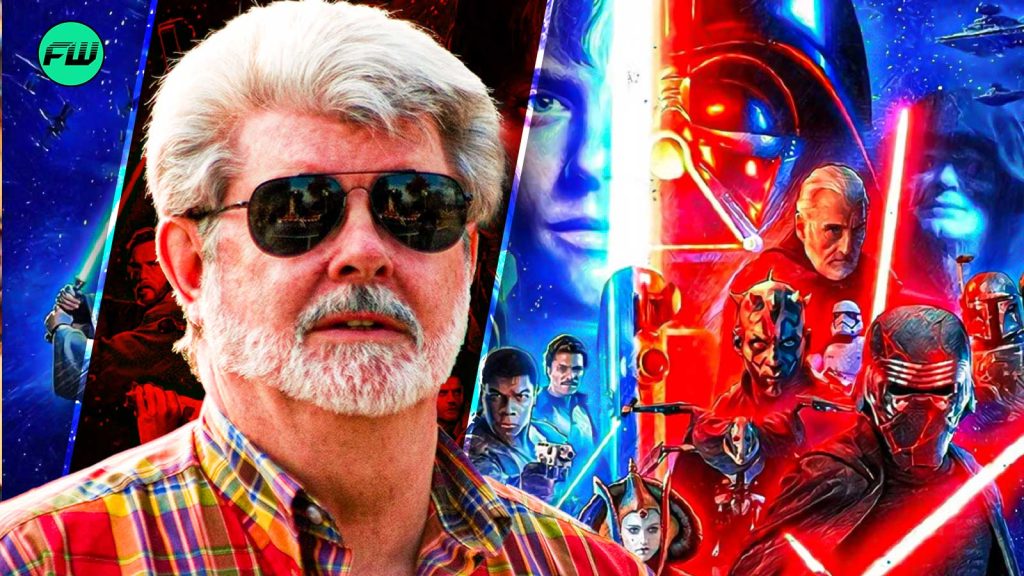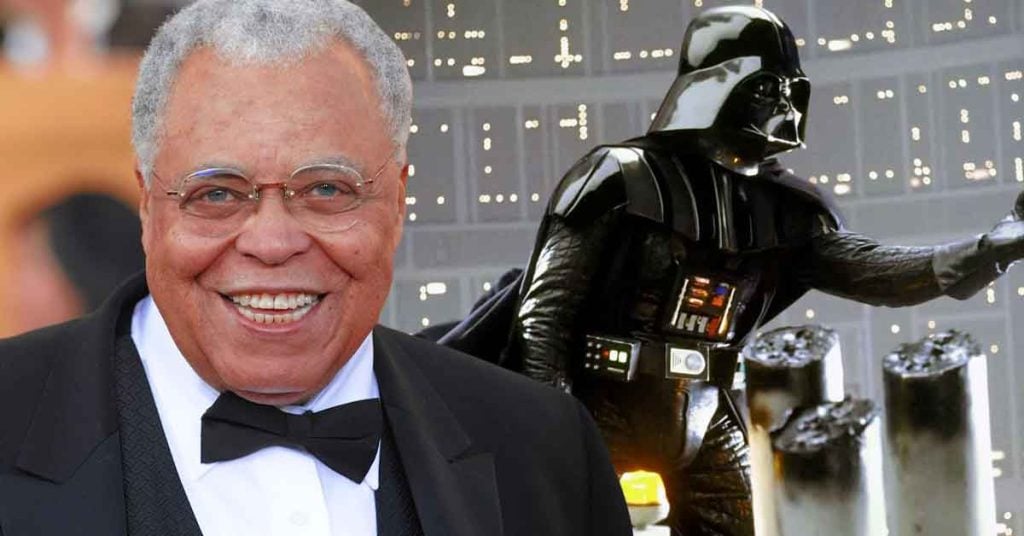Star Wars has been, for better or for worse, an integral part of our lives for the past half-century. Ever since George Lucas’s 1977 film, A New Hope took off, there has been no turning back to the old days — days without the Force, Yoda, or Darth Vader, littering the pages of pop culture history.
![Star Wars: A New Hope [Credit: 20th Century Studios] Star Wars: A New Hope [Credit: 20th Century Studios]](https://fwmedia.fandomwire.com/wp-content/uploads/2024/07/12153910/Star-Wars-A-New-Hope-%E2%80%93-C-3PO-and-R2D2-1-2.jpg)
The legacy of the franchise is such that no amount of fan frenzy and obsession over the characters can ever render them overdone and saturated. Despite the last 50 years’ attempts to explore every nook and cranny of the galaxy far, far away, it simply remains a bit too out of reach for our mortal clutches.
Star Wars: The Legacy of George Lucas
After George Lucas hit the ground running with his 1973 sensation, American Graffiti, his next directorial project would famously go on to define his whole life. Star Wars launched in 1977, featuring Luke Skywalker, Princess Leia, and Han Solo — three characters whose names would become embedded in every language and culture around the world.
![Star Wars trio [Credit: Lucasfilm/20th Century Studios] Star Wars trio [Credit: Lucasfilm/20th Century Studios]](https://fwmedia.fandomwire.com/wp-content/uploads/2024/07/12154022/Star-Wars-trio-Credit-Lucasfilm_20th-Century-Studios-1-1024x437.jpg)
The influence of Star Wars was such that Darth Vader — a villain with no face, who simply walks around in an all-black costume and appears menacing without even lifting a finger — became the most terrifying creation of mankind. However, finessing such a character without turning it into a caricature required a great deal of attention and care.
As such, two icons — namely, David Prowse and James Earl Jones — contributed in equal measures to create the persona of Darth Vader. While Jones’s gravelly baritone represented the voice that nightmares are made of, Prowse’s silhouette became the basis for many an iconic shot, a blueprint of shadowy menace, and the actual physical representation of Darth Vader in the franchise.
David Prowse v George Lucas: A Bitter Feud to the End
David Prowse may have contributed to bringing Darth Vader to life on screen, but behind the scenes, his gifted imagination, loose lips, and love for fan conventions would lead to a tragic fall from grace.
In the 1980s, long before the real identity of Darth Vader shook the world in The Empire Strikes Back and the dark villain’s death in The Return of the Jedi marked the end of an era, David Prowse may have leaked both endings, effectively ruining the most epic plot twists in the history of cinema.
![Luke Skywalker with Darth Vader [Credit: Lucasfilm/20th Century Studios] Luke Skywalker with Darth Vader [Credit: Lucasfilm/20th Century Studios]](https://fwmedia.fandomwire.com/wp-content/uploads/2024/07/12154138/Luke-Skywalker-with-Darth-Vader-Credit-Lucasfilm_20th-Century-Studios-1024x673.jpg)
A 2010 report published by the New York Daily News stated: “The 75-year-old Prowse claims Lucas accused him of leaking Vader’s death before the release of Return of the Jedi.” In part, this statement was both true and false.
After being caught off-guard by a journalist who baited Prowse with a question about Darth Vader’s death, a Daily Mail issue blew the news out of proportion by running the story with the headline: Darth Vader to be killed off in the next movie, in an interview with David Prowse. This proved to be the final straw in Prowse’s already fraught relationship with Lucas. He claimed:
That ruined my association with Star Wars. I was ostracized while on the movie, the producer and director wouldn’t work with me, and Lucas wouldn’t speak to me. I had six weeks of purgatory.
A newspaper clipping from a 1978 issue of The San Francisco Examiner further verifies the claim that Prowse indeed managed to take a shot in the dark about the history between Darth Vader and Luke Skywalker and luckily hit the mark, without meaning to do so.
Although the late ’70s had still not caught on to the raging epidemic of spoilers, it still accounted for one of the factors that further soured the relationship between the pair. But beyond the creative blueprint of the Star Wars universe and all its characters and their interpersonal journeys, it was rumored that David Prowse’s increasing complaints about a bigger payday sounded like warning bells to the studio execs.
Prowse believed, “If there’s a pot of gold somewhere that I ought to be having a share of, I would like to see it.” But the reply from Lucasfilm was always the same: “We regret to inform you that as Return of the Jedi has never gone into profit, we’ve got nothing to send you.”
Sadly, it was as clear as day to Prowse as well as anybody, that Episode VI was one of the most profitable Star Wars releases in the original trilogy, earning $252.6 million against a paltry budget of $32.5 million [via Box Office Mojo].
All of it added up to a boiling point in the ’80s when George Lucas and David Prowse could barely co-exist in the same peripheral eyeline of each other. This led to Prowse being banned from all official Star Wars events altogether, including fan conventions. Upon further inquiry, the sole reason he was given in the form of an explanation was that he had “burnt too many bridges between Lucasfilm and himself.”
Star Wars Episodes V and VI are available to stream on Disney+




